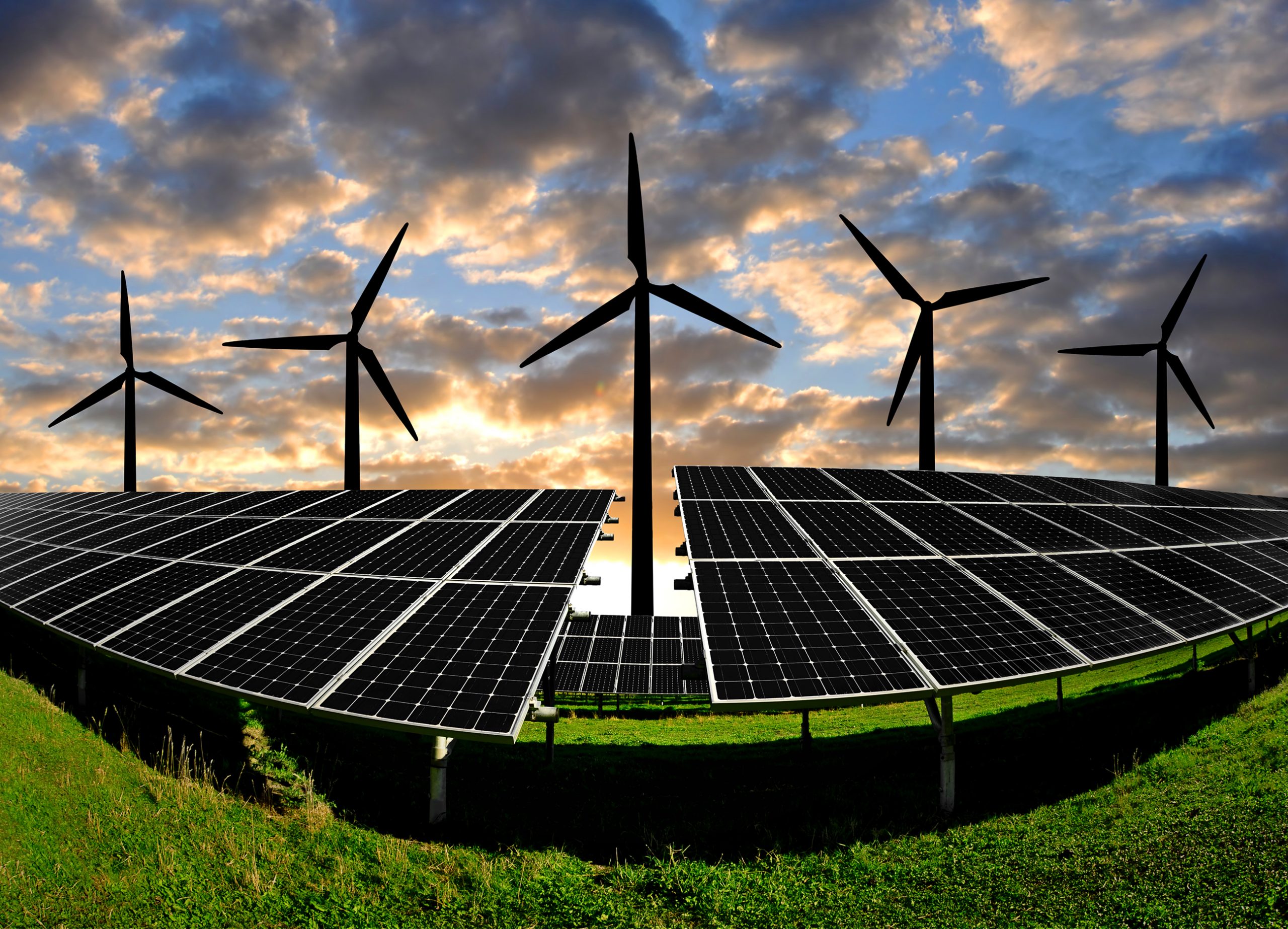When it comes to finding solutions to climate change, the first thing that comes to mind is the reduction of greenhouse gases (GHG) through public policies that encourage or regulate emissions. However, reducing GHGs has a multiplier effect in different areas, such as health, the economy, employment, wellbeing, and biodiversity, among others. These multiple benefits created by climate change mitigation initiatives are called co-benefits. Discovering synergies helps to broaden the perspective and consider aspects that were previously not considered in the analysis of public policies. Further, it can help drive a sustainable energy transition that achieves the deployment of renewable energy and energy efficiency.
This is why Renewables Academy AG (RENAC) and the Institute for Advanced Sustainability Studies (IASS) in coordination with Enhancing the Coherence of Climate and Energy Policies in Mexico (CONECC), are inviting people in the climate or energy sector from Federal Ministries, local governments, decision-makers, think tanks, research institutes, and financial institutions to participate in an international online training program for South Africa, Turkey, Kenya and Mexico, and specialize in renewable energy co-benefits.
The aim is to develop the capacities of key actors in climate, energy, and environmental policy, to promote ambitious climate actions. The trainings will be online and are made up of four modules (fundamentals, public policies, methodologies and energy planning and sustainable economies). Thus, participants will gain a deep understanding of co-benefits and how to apply them in public policies and the planning of energy systems to build a sustainable future.
Applications will be received until October 4, 2020. Anyone interested in applying can do so here: Online training: co-benefits specialist in Renewable Energy.
To download the brochure: Brochure_CoBenefits_2020_final

